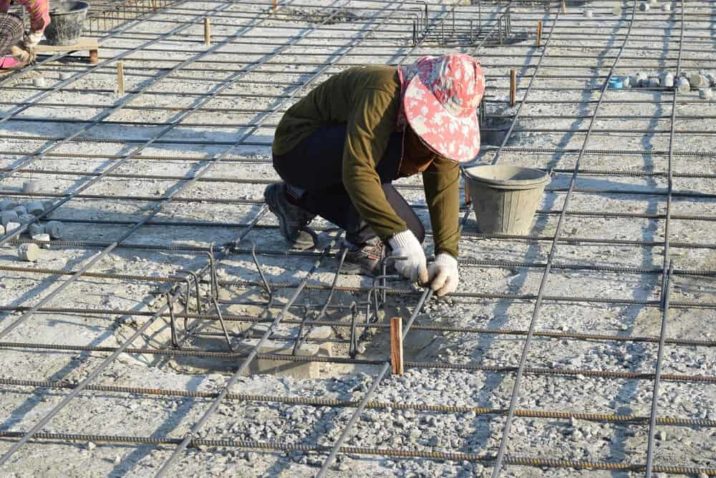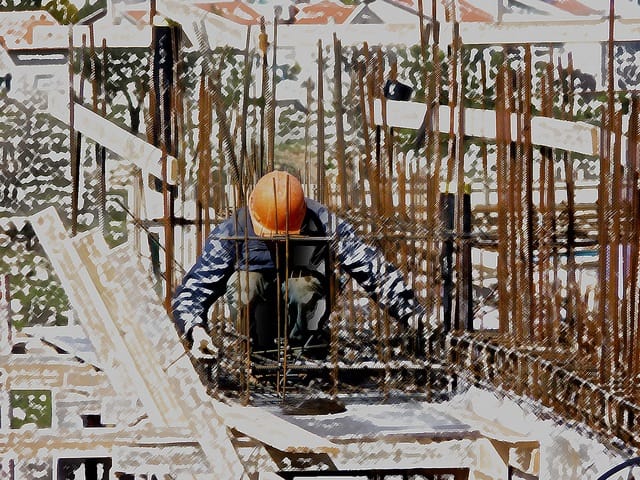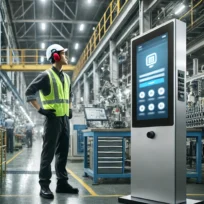Being an ironworker is generally defined as being a professional who works with iron. There are many industries that require people to work with iron and that they have the skills necessary to handle the complexity of ironwork. Many ironworkers don’t stick to just one industry; they can work in many capacities and perform several different jobs and duties. It can sometimes be a very dangerous occupation, so ironworkers and brake press operators need to be highly trained and understand the importance of safety when they are working. There are often times when ironworkers have to balance, reach, and climb – all while holding onto very dangerous equipment. Ironwork is what many industries have been built on.
Structural ironworkers
Structural ironworkers are perhaps the biggest risk-takers in the iron working industry. They are the ones that you typically see balancing on high beams and working on large construction building framework. They are usually required to help to connect fabricated iron pieces to build a large frame construction. They don’t only work in commercial and industrial building; they can also be involved in residential building. Things like stadiums, bridges, towers, and metal-frame buildings are all places where structural ironworkers are needed.
Post-tensioning and reinforcing ironworkers
Rebar is a kind of ironworking where fabricated ironworkers place bars made of steel and then reinforce the bars with concrete. Concrete is used to reinforce the building’s construction. As times change, ironwork is also being reinforced by other types of composite materials. Those who work in the post-tensioning and reinforcing iron working industry have to carry heavy steel from one point to the next. This makes it a highly physically demanding job. Post-tensioning ironworkers also install reinforced cables. They work in industries such as stadium building, bridge construction, highway formation, airports and drainage channels.
Ornamental ironworkers
Ornamental ironworkers help to install wooden or masonry openings within buildings. Their job is called “creating the skin” of the building. They use iron to create shapes and various colors for an ornamental look. An ornamental ironworker can be found making a spiral metal stairway, gratings and ornamental gates, railings, and other intricate entranceways. There are several various metals that go into working in the ornamental iron working industry, each with their own complexity, which means that the ornamental ironworker has to know how to work with many different types of materials.
Machinery and rigging moving
Ironworkers who do rigging must know how to work with wire rope, skids, fiber line, rollers and know all the hand signals to help guide heavy metal objects from one place to another. Strict and specific safety training goes into being a machinery or rigging ironworker. Since they work with heavy machinery, the risk of being injured is extremely high.
Burning and welding
Ornamental, structural, rigging and reinforcing ironworkers all do welding as a function of securing whatever structure they are working on. Burning and welding are considered the tools of an ironworker trade. To be an ironworker, you have to be an apprentice or journeyman. Currently, there are more than 160 different iron working training centers around the United States. Once you go through the training and apprentice stage, then you have to be certified to work as an ironworker, no matter which type of industry you work in. To be an ironworker, you have to be certified by the American Welding Society’s welding codes; these are usually specified by the engineer of the worksite where you wish to work.
Other jobs available to ironworkers
There are many other industries where ironworkers are needed, such as offshore drilling operations, plant maintenance, making amusement park equipment, and most other forms of construction. Although they usually work behind the scenes, ironworking is an art that is the foundation of any building or structure.
If you are looking for a career where you won’t ever have to worry about finding work or being highly specialized, then training to be an ironworker is your ticket to career advancement and being highly valued. Although the training is extensive and the work is not easy, it is rewarding and can be very lucrative once you get the certification necessary.




